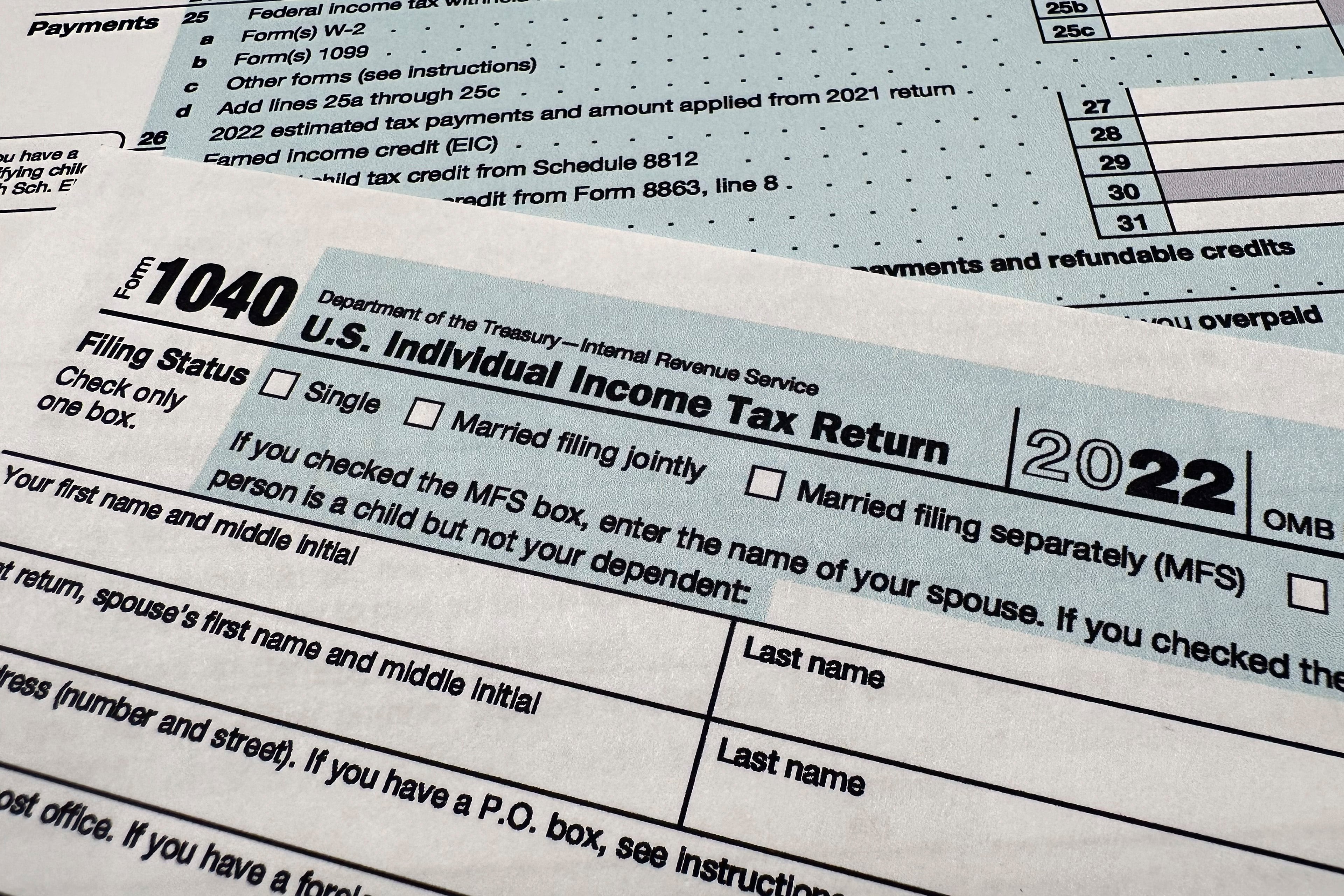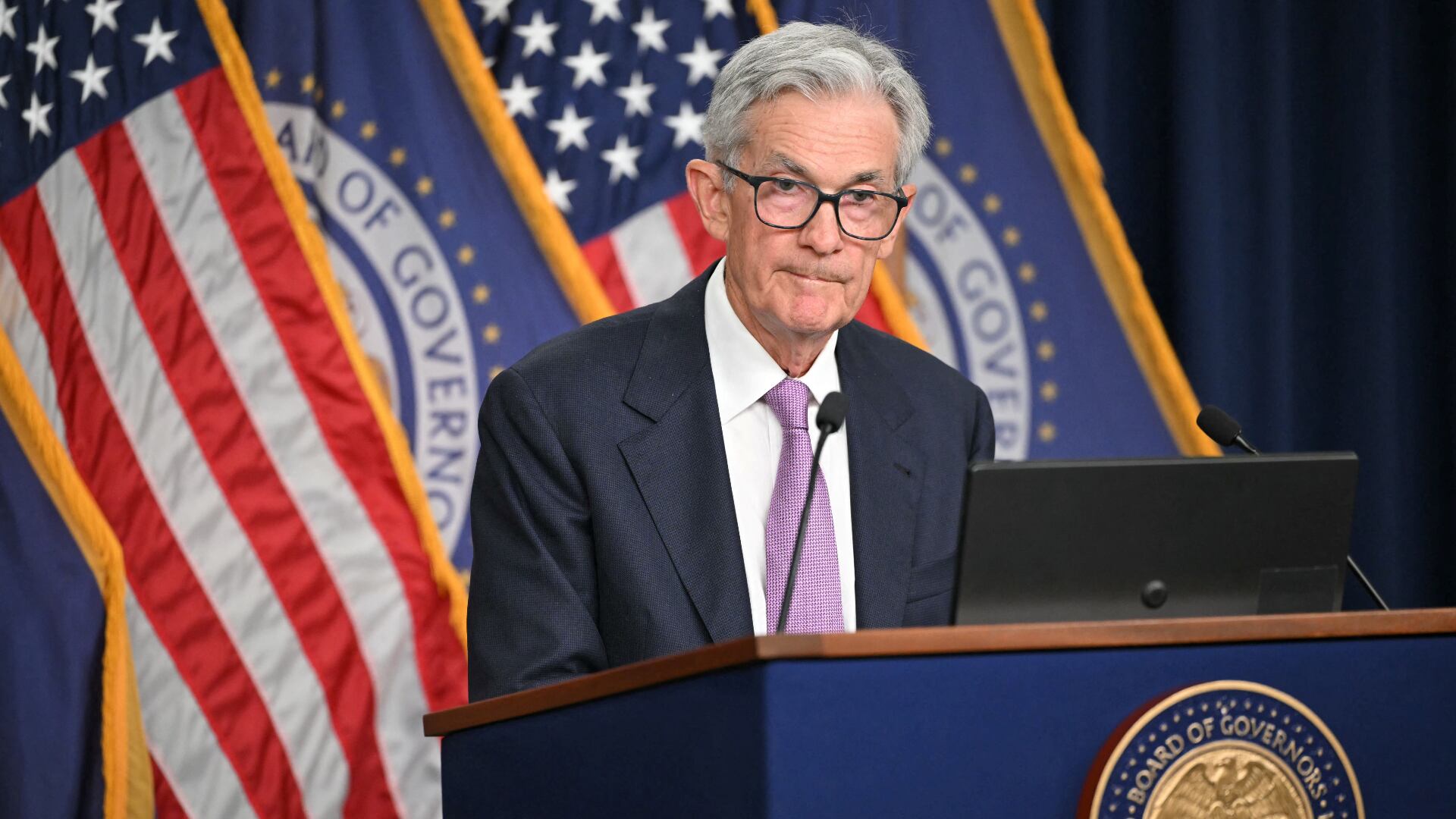More than 6,000 United Methodist congregations — a fifth of the U.S. total — have now received permission to leave the denomination amid a schism over theology and the role of LGBTQ people in the nation's second-largest Protestant denomination.
Those figures emerge following the close of regular meetings in June for the denomination's regional bodies, known as annual conferences. The departures began with a trickle in 2019 — when the church created a four-year window of opportunity for U.S. congregations to depart over LGBTQ-related issues — and cascaded to its highest level this year.
Church law forbids the marriage or ordination of “self-avowed, practicing homosexuals,” but many conservatives have chosen to leave amid a growing defiance of those bans in many U.S. churches and conferences.
Many of the departing congregations are joining the Global Methodist Church, a denomination created last year by conservatives breaking from the UMC, while others are going independent or joining different denominations.
Some 6,182 congregations have received approval to disaffiliate since 2019, according to an unofficial tally by United Methodist News Service, which has been tracking votes by annual conferences. That figure is 4,172 for this year alone, it reported.
Some annual conferences may approve more departures at special sessions later this year, according to the Rev. Jay Therrell, president of the Wesleyan Covenant Association, a conservative caucus that has advocated for the exiting churches. While most UMC congregations are remaining, many of the departing congregations are large, and denominational officials are bracing for significant budget cuts in 2024.
The numbers of exiting churches are higher than conservatives originally estimated, Therrell said.
Legal wrangles have largely been resolved over how much compensation the departing congregations must pay for their property and other financial obligations.
“For the most part, bishops and other annual conference leaders have been very gracious, and I deeply appreciate that,” Therrell said. “There have been some small exceptions to that, and those are unfortunate, but we’re grateful that cooler and calmer heads have prevailed.”
Bishop Thomas Bickerton, president of the UMC’s Council of Bishops, said the departures were disappointing.
“I don’t think any of us want to see any of our churches leave,” he said. “We're called to be the body of Christ, we're called to be unified. There’s never been a time when the church has not been without conflict, but there’s been a way we’ve worked through that.”
But for those who want “to go and live out their Christian faith in a new expression, we wish God’s blessings on them,” he said.
The split has been long in the making, mirroring controversies that have led to splits in other mainline Protestant denominations. United Methodist legislative bodies, known as general conferences, have repeatedly reinforced bans on LGBTQ marriage and ordination, on the strength of coalitions of conservatives in U.S. and overseas churches.
But amid increased defiance of those bans in many U.S. churches, many conservatives decided to launch the separate Global Methodist Church, saying they believed the sexuality issues reflected deeper theological differences.
The departures have been particularly large in the South and Midwest, with states such as Texas, Alabama, Kentucky and Ohio each losing hundreds of congregations.
In some areas, United Methodists have designated “lighthouse” or similarly named congregations, with a mission for receiving members who wanted to stay United Methodists but whose churches were leaving. The GMC has begun planting new churches, including in areas where United Methodist congregations have remained in that denomination.
With these departures, progressives are expected to propose changing church law at the next General Conference in 2024 to allow for same-sex marriage and the ordination of LGBTQ people.
The United Methodist Church has about 6.5 million members in the United States and at least that many abroad, according to its website. The U.S. membership has been in steady decline, while the overseas membership has grown, particularly in Africa.
Therrell said there will be efforts at the 2024 General Conference to provide overseas churches a legal way to disaffiliate, similar to what U.S. congregations have had.
The GMC says about 3,000 churches so far have affiliated with the new denomination, with more expected.
Bickerton said it's time for United Methodists remaining in the denomination to refocus their work.
“Quite often, when you’re pressed, you begin to exhibit creativity,” he said. “We’re pivoting away from what we were into what our next expression is going to be." Budgets will be smaller, but "this is our opportunity to refashion the church for relevance in the 21st century and really focus on evangelism.”












